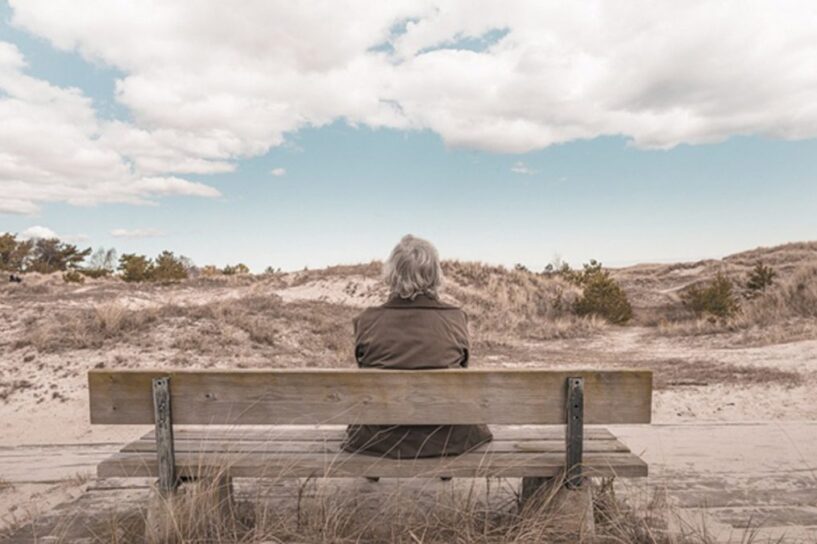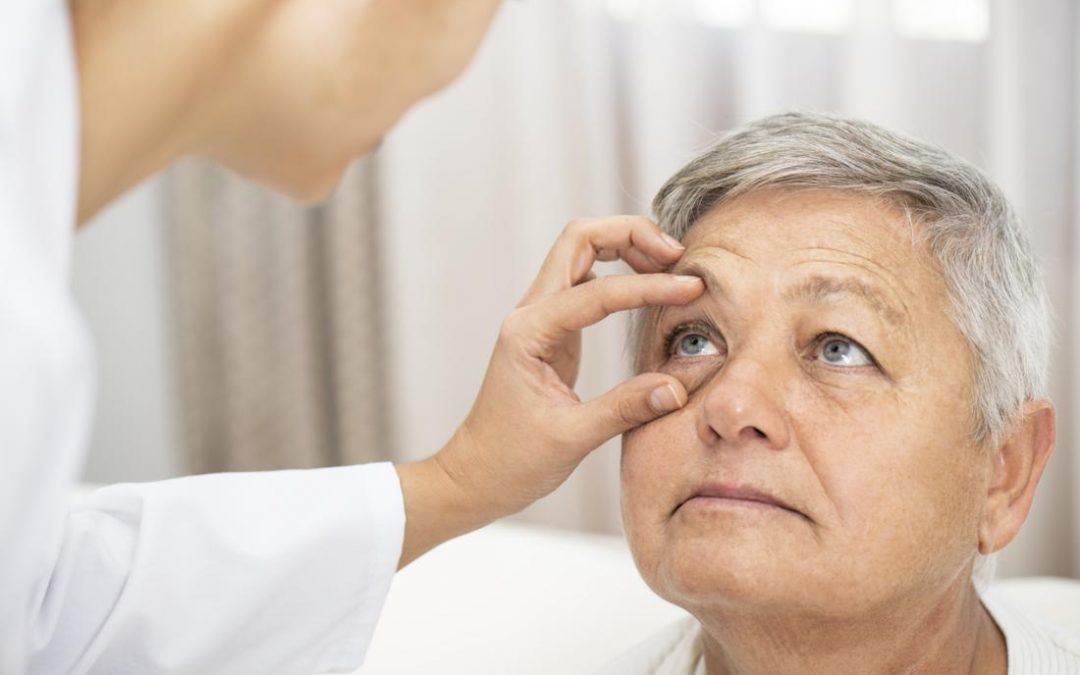
Preventing Depression in Seniors
Depression tends to become severe with age, if not treated at the right time. It is not just about feeling blue or sad, hoping it might pass with time. It’s a type of disorder that requires focused treatment.
For seniors, when depression takes a deep root, their mortality rate decreases and so does their ability to live a happy and care-free lifestyle. It affects every part of their daily life from not being able to handle simple activities to working, sleeping and eating.
Despite what people believe, depression is not a part of aging. Adults are afflicted with this problem too, even when they are satisfied with life. However, important changes in life can cause feelings of stress, sadness and uneasiness.
Symptoms
Symptoms of depression vary in seniors. The most common symptom of depression is sadness, which can be related to anything from a death of a loved one to losing a job or a quarrel with family members. In seniors, symptoms of depression include:
- Feeling tired
- Trouble sleeping
- Irritation
Causes
As seniors age, they become vulnerable to different types of diseases. These diseases open a path for depression, which causes attention problems and confusion. These causes include:
- Alzheimer’s disease
- Cancer
- Genes
- Stress
- Stroke or heart disease
- Side effects of medication
4 Major Depression Busters
From specialized treatments to “talk therapy” and medications… these are some of the basic ways to treat depression. However, sometimes, a different approach is required to treat depression in seniors, in order to maintain their quality of life.
Following are four major depression busters for seniors:
1. Make New Friends
According to a study published in the Journal of Industrial Psychiatry, there’s a significant relationship between depression and loneliness. For this reason, psychiatrists believe that by making new friends, seniors can avoid depression. As a person ages, they lose their circle of friends. For a senior, it takes great effort to interact with people, when they are living alone. This is why seniors living in nursing homes and assisted living facilities are more social. A few ways through which seniors can meet new people are volunteering, joining a book club or a bowling league, going to church regularly, connecting with their alumni association, etc.
2. Exercise
A study published in the Journal of Clinical Practice and Epidemiology in Mental Health talked about how anti-depressants and physical activity can reduce stress in seniors and improve their mood. Whether the senior is 60 or 85, even a small time spent on exercising can make them healthier. These seniors become independent and more social.
3. Separate the Depression from Illness
The reason why it is hard to diagnose depression in seniors is because the problem is overshadowed by their illness. Any chronic illness and the subsequent medication taken for it can be the reason behind the depression. Treating both problems simultaneously can not only help improve the chronic illness but may also get rid of the depression.
4. Pour With Caution
Alcohol and anti-depressants can be a lethal mix, which affects around 17% of seniors above the age of 60. The drinks can be enjoyed but occasionally. A great way to reduce this craving is to try herbal remedies.
If diagnosed in time, seniors can easily fight depression with the right program. By adopting some cognitive behavioral therapies and trying out these depression busters, seniors can improve the quality of their life.










